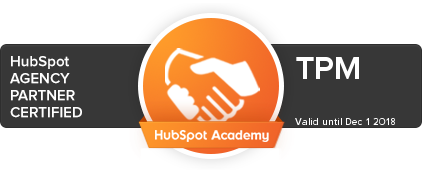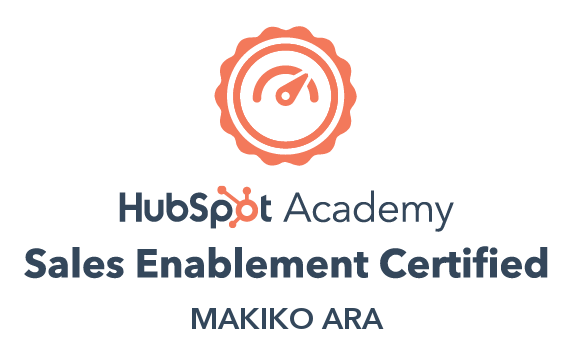Customers. Hot, cold, and warm leads. Personas. ICPs. Prospects at the top, middle, or bottom of the funnel. Influencers. Decision-makers. The number of people and personalities today’s sales and marketing teams have to keep track of seems to increase daily — and they can be hard to keep track of.
Most of these terms are self-explanatory, or at least common knowledge among sales and marketing teams. But we’ve found that one — the ICP, or ideal customer profile – is often misunderstood. ICPs play a vital role in sales and marketing and are essential to your sales enablement strategy. If you’re not 100% sure you’re using them correctly, it might be time for a refresher.
What is an ICP in sales? And why does the title of this blog compare marketing to a buffet? Keep reading to find out.
What Does ICP Stand For in Sales and Marketing?
ICP stands for ideal customer profile. Your ICP describes a buyer who is a great fit for your business based on attributes you specify, like:
- Demographics
- Behaviours
- Pain points
- Needs and goals
In other words, your ICP describes someone who is most likely to purchase from you. ICPs are not the same as buyer personas, although both work in tandem to help prepare you for people you’ll meet along the buyer journey.
Do You Really Need an ICP?
The short answer here is yes. An ICP helps your sales and marketing teams focus their efforts on leads most likely to convert, driving revenue and supporting business growth. Not convinced? Let’s look at it another way.
A sales team with an ICP is like a high-end restaurant. The menu is small and refined. Each dish is paired with a perfectly matched, distinctive cocktail. The service is everything customers could ask for: attentive and courteous. It’s not cheap — but patrons are prepared to pay for an experience they can tell friends about after.
Now, compare that to dining at a buffet. There’s no menu. Diners get up and help themselves to whatever they want. The restaurant caters to anyone and everyone, so the focus is on quantity over quality. The experience is mediocre.
Organizations without defined ICPs are like generic buffets — catering to an undefined audience without any clear direction.
Developing an ICP for sales lets you elevate the experience you offer to your customers – and find those customers who are willing to pay more to achieve the benefits you can offer. You can’t be everything to everyone — you don’t want to be.
At the end of the day, having a smaller group of loyal customers who are successful with your offering is infinitely better than a large pool of buyers frustrated that they invested in a bad-fit solution. The benefits of customer success are endless:
- Reduces customer churn
- Creates opportunities for upselling and cross-selling
- Increases customer engagement
- Transforms buyers into advocates for your business

The ICP and Sales Enablement
Combining close consultation with key stakeholders, careful data analysis, and thoughtful implementation, ICPs are a tool cross-functional teams use to increase predictable sales results.
But even though ICPs are a foundational sales tool, not all organizations use ICPs in the same capacity. While some see ICPs as integral to their company culture and bottom line, others misunderstand and misuse them.
Maturity Scale for the ICP in Sales
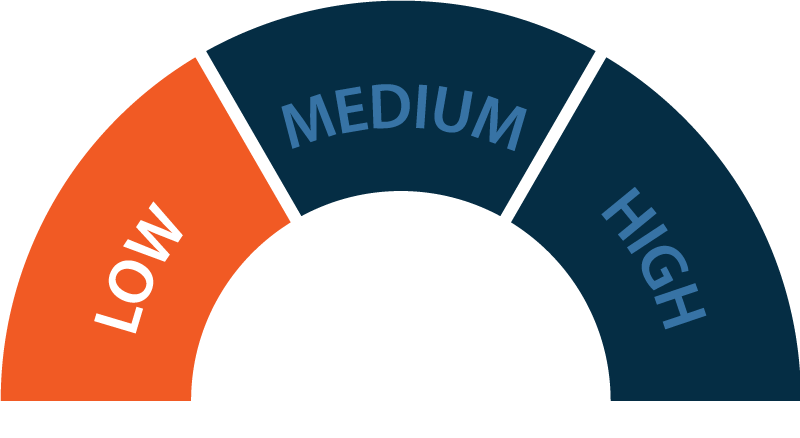
Low
The ICP is either poorly understood as a concept or not properly defined
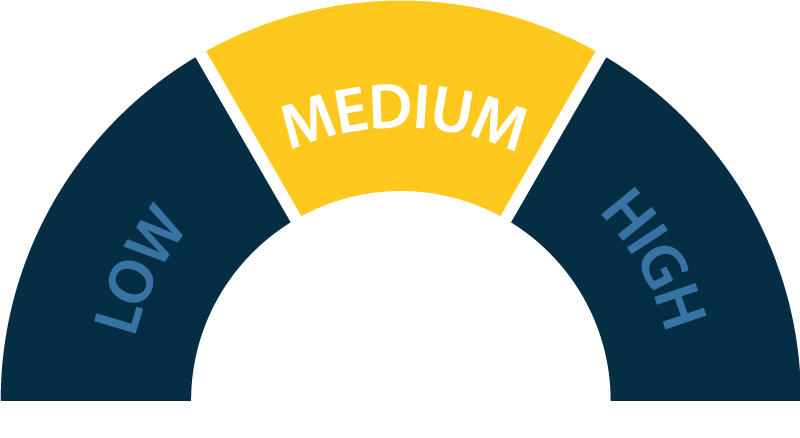
Medium
ICP is used to some extent in sales and marketing strategy
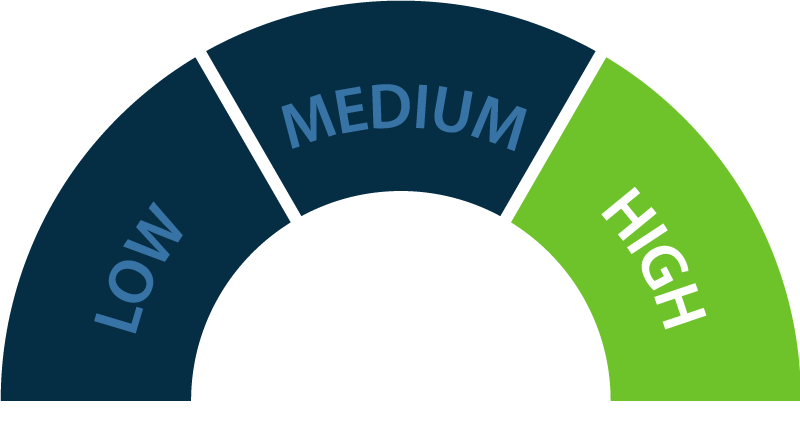
High
ICP is integral to sales, ABM, and marketing strategy
The Benefits of an ICP for Sales Enablement
While ICPs are seen more as a tool and sales enablement as a strategy, they both serve to streamline the sales process.
Accelerating the Sales Cycle
Imagine your ICP as a filter for prospects in the pipeline. Without it, the sales process is chaos: teams are scattered and stretched thin trying to be everything to everyone. The sales pipeline is clogged with leads that won’t close, slowing sales cycles and draining resources.
With an ICP filter in place, your teams know which prospects are best fit for your solution and can prioritize them for nurturing. Organizational resources can be directed to where they’ll have the greatest impact.
Targeting High-Value Accounts
You can also use your ICP to find common traits and trends among potential buyers. The more you understand your ideal customer, the better you can target specific accounts with personalized messaging and content. (ICPs and account-based marketing (ABM) are a match made in heaven.) Wish you could start the sales process with a best-fit high-value account? It’s possible!
Scaling and Automating Processes
An ICP tells you what your ideal customer is, but it also tells you what they are not. It removes a lot of the guesswork of determining which programs and approaches your perfect customer will be most receptive to and allows you to invest resources where your efforts will pay off. This allows you to scale and automate processes and free up time to spend on higher-value tasks.
How ICPs Can Support Sales Enablement Throughout Your Organization
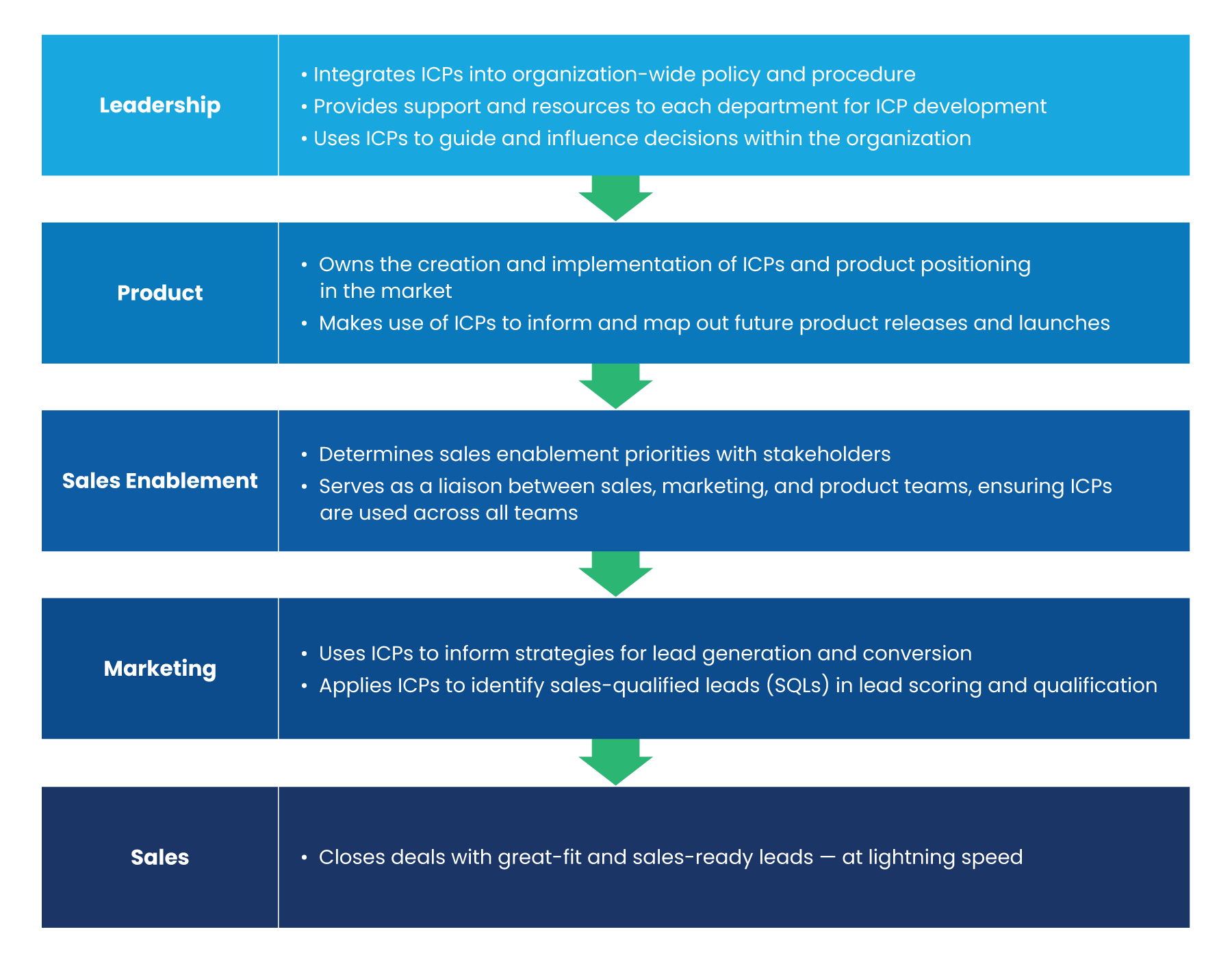
How to Build an ICP for Sales Enablement
Building an ICP for sales is simpler than it sounds. There are really only two key steps.
1. Build a database that includes qualitative and quantitative data, as well as predictive analysis to uncover patterns and trends. Data can come from internal tools like your CRM or ERP, win/loss analyses, or conducting marketing interviews.
- Company size and maturity level — Is your product best suited for start-ups or established enterprises?
- Budget and revenue — What is the lowest cost threshold a customer would have to pay for your product?
- Industry — Are there verticals you work with? Don’t work with?
- Geography — Do you sell to a particular region?
- Legality — Are there legal reasons that limit your potential customers? Age, location, government restrictions?
- Product Limitations — Can you guarantee you’ll be able to meet a certain response time?
2. Sort the data into attributes of your choosing, including as much detail as possible about the characteristics of your ideal customer.

Your ICP is essentially a profile of a fictitious company with a list of attributes taken from qualitative and quantitative data. No list is right or wrong. They’re based on organizational data and unique to your organization.
Always base your ICP attributes on market research and data, not opinions and guesses, so your teams can make fact-based decisions. We recommend setting a yearly reminder to update and revise your ICP definition. Because market data fluctuates, you should expect and plan for your ICPs to change too. It’s important to keep everyone on the same page, so remember to update your teams internally with any changes that are made.
As an example, here is an ideal customer profile for “ABC” — a cybersecurity product:

Need Help Defining Your ICP for Sales?
Understanding the unique characteristics of your ideal customers makes it easier to stand out from your competition and focus your resources on prospects most likely to convert. If you’re struggling to define your marketing or sales ICP, TPM can help. Contact us today.
Enjoyed this read?
See our full collection of Sales Enablement blogs to close more deals, faster!

